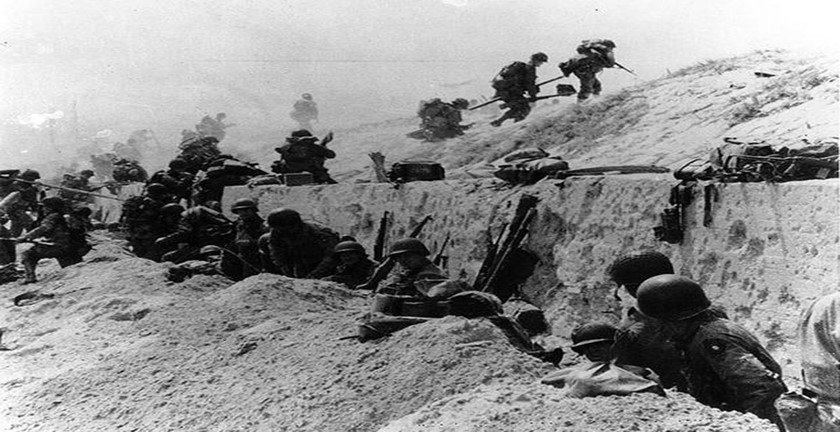Image source: mmetours.com
D-Day is a historic military invasion day (June 6, 1944) of Normandy. The invasion marked the beginning of liberating North-West Europe from the growing powers of Nazi Germany.
The Allied forces invaded Northern France via the coastal Normandy during World War II (WWII). The war was caused by unsettled disputes during World War I and Germany growing powers. This article explains the benefits of invasion to the nations and its negative impact on the countries.
Pros:
1. The element of surprise: The Allies, American, and Britain troops had a surprise attack on the enemy territory. The troops spread across the coast of Normandy and entered the enemy territory.
2. Brought end of WWII: The attack of the German forces by the Allied forces (Soviet Union, Britain, France, America, and China troops) brought the beginning and the end of WWII. The troops were able to defeat Germany leading to Soviet domination of both Eastern Europe, Western Europe, and Germany.
3. Western Front: The Allied forces left France and opened the western front against Hitler. This left the German forces dealing with threats from the West as well as the Soviets on the East.
4. France Liberation: France got liberated after the Allied troops reached France and the Germans started to retreat. The Allies also captured the French port of Cherbourg which led to the liberation of Paris.
5. Increased freedom: Defeating the Nazi tranny powers led to increased security and freedom among the oppressed people of Europe.
6. Massive air and naval support: The Allies were able to use water and land to reach the enemy’s territory as well as use using military air crafts to bomb German troops.
7. End quest for power: D Day brought the end of Germany’s quest for world power bringing the end of World war two.
8. Brought Allies togetherness: The D Day marked the start of Allies invasion into Western Europe, steering their victory in world war two. This brought togetherness among the Allies.
9. Entrenchment of Allied troops: After the great invasion, million allied troops were entrenched in the Normandy coast.
10. High tides: The attack was scheduled to occur during the high tide so as to avoid the attack of ships by objects put in the water by Germans.
Cons:
1. Death: There were deaths everywhere and others being wounded just like in any other war.
2. Widespread devastation: The invasion leads to widespread devastation of citizens who were caught up in the war zone areas with no means of transport and communication.
3. Caught unaware: Although Hitler took the bait thinking the attack is in a different place, they met a large German force at Normandy and launched the attack. The allied forces invaded the coastal Normandy defeating the Germans.
4. Destruction of property: The allied bombers destroyed the transportation links, bridges, and seize landing fields among other properties in the German lands and around the mines.
5. Increased tension: The D Day led to increased tension over the command structure between the U.S and the British.
6. Disorganization: During the attack, there was disorganization of the German forces due to a lack of communication. The Germans were caught up by surprise by the Allied forces.
7. Deception: In order to attack the Germans, the Allies had to make them believe they will attack via the north of Normandy thus confusing them.
8. Delayed attack: Due to the element of surprise, Germans and Hitler were forced to hesitate to counter-attack the allied forces.
9. Prison-war-camps: Allied powers established American prison-war-camps to keep captured German soldiers.
10. Bad weather: The D Day was almost called off due to bad weather which affected the Allies ability to attack. This worked in the Allies favor since Germany did expect an attack during the bad weather condition.




And, the Russians beat Americans into Germany, Russia won. The woke leftist liberals omit truthful history and today the Democrats attacking Russia using Ukraine for a proxy war NO ONE in America supports except the Democrat war mongers.